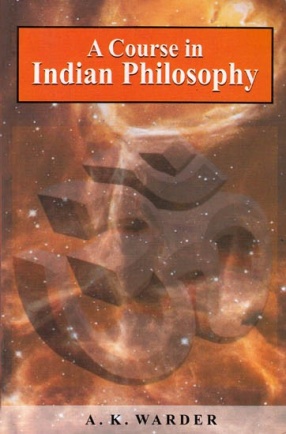
Showing all 8 books

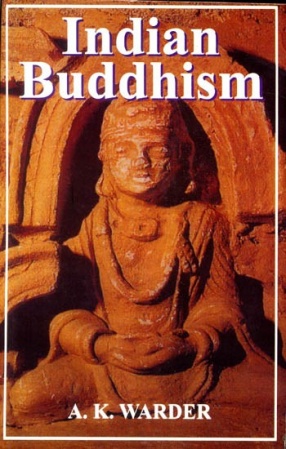

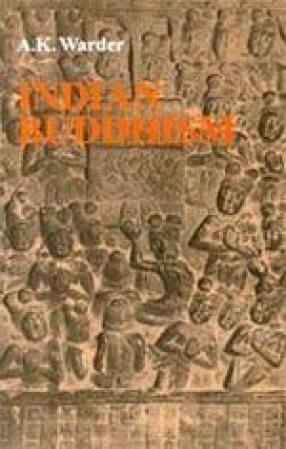
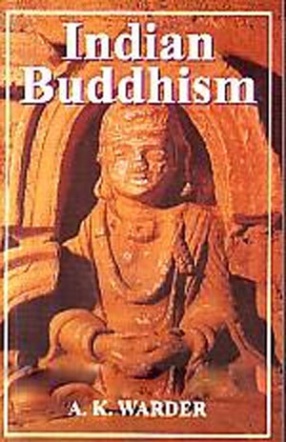
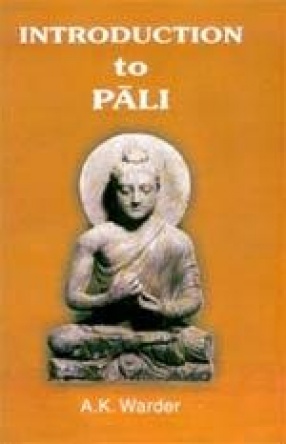
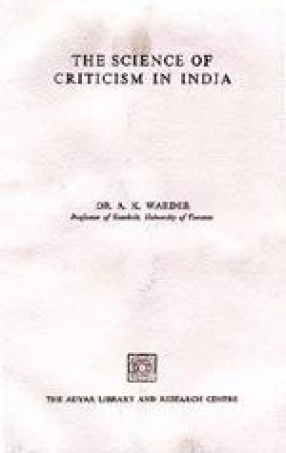


This book describes the Buddhism of India on the basis of the comparison of all the available original sources in various languages. It falls into three approximately equal parts. The first is a reconstruction of the original Buddhism presupposed by the traditions of the different schools known to us. It uses primarily the established methods of textual criticism, drawing out of the oldest extant texts of the different schools their common Kernel. This Kernel of ...
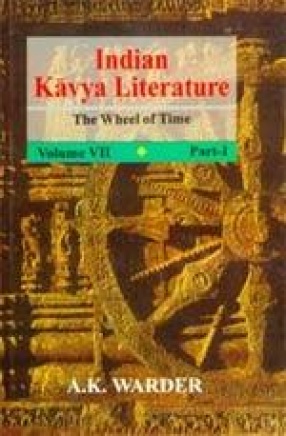
This volume, on the twelfth and thirteenth centuries (A.D.), starts with Vidyakara’s retrospect over anonymous poets (named ones having mostly found their places in earlier volumes). After some smaller anthologies, a few novels and Mankhaka’s mythological epic we come to a historical epic. History is the most substantial source of matter for literature in the volume. That might seem to contrast with Vol. VI, but as literature its aim is always art, not facts, ...


This book describes the Buddhism of India on the basis of the comparison of all the available original sources in various languages. It falls into three approximately equal parts. The first is a reconstruction of the original Buddhism presupposed by the traditions of the different schools. It uses primarily the established methods of textual criticism, drawing out of the oldest extant texts of the different schools, their common kernel. This kernel of doctrine is ...


The purpose of this book is to introduce the student, by the most direct path, to the language of the Pali Canon. Existing primers and readers for the study of Pali teach the later language of the Commentaries and other medieval writings, and indeed of the present day-for this very copious and flexible language is still in use. Our grammatical analysis is based on the admirable science of the medieval monks. Their terminology is given, to aid reference, but may ...

India has a vast, though little known, literature. Even in India itself few people have any idea of the extent and interest of this heritage, being mostly intent on material affairs and on foreign ideas which might prove financially advantageous. They may be dimly aware that there is a considerable religious literature, some old epics of a semi-religious character, a few books of philosophy and a sprinkling of modern novels. It is a rare thing to meet a person ...
